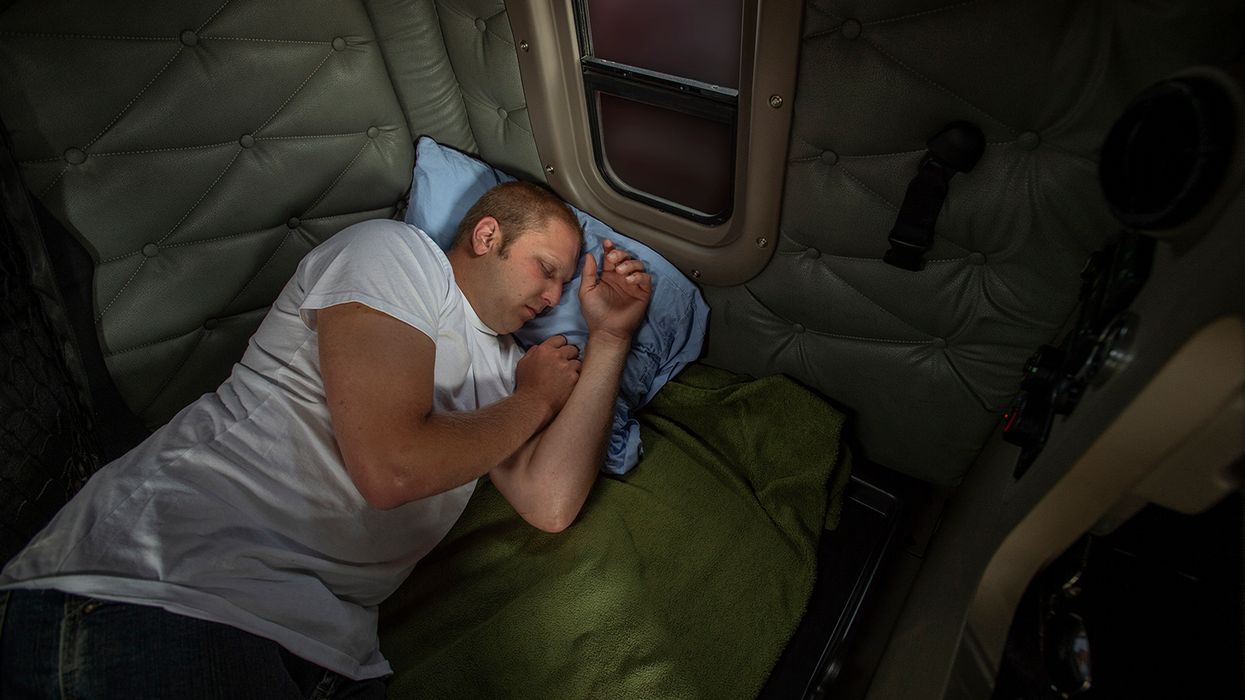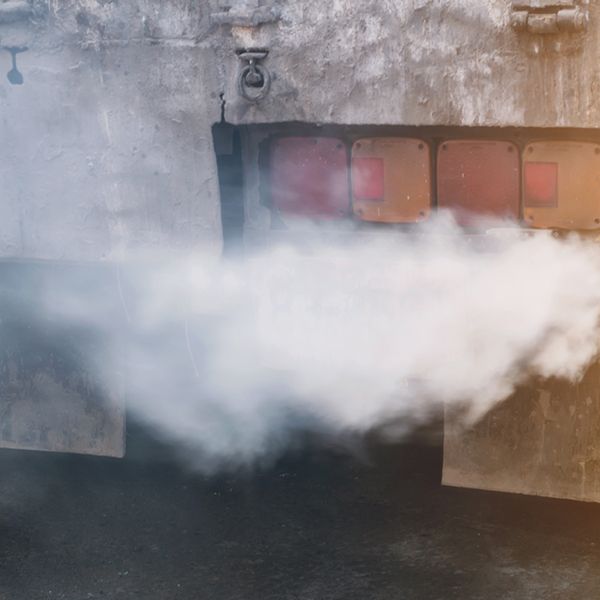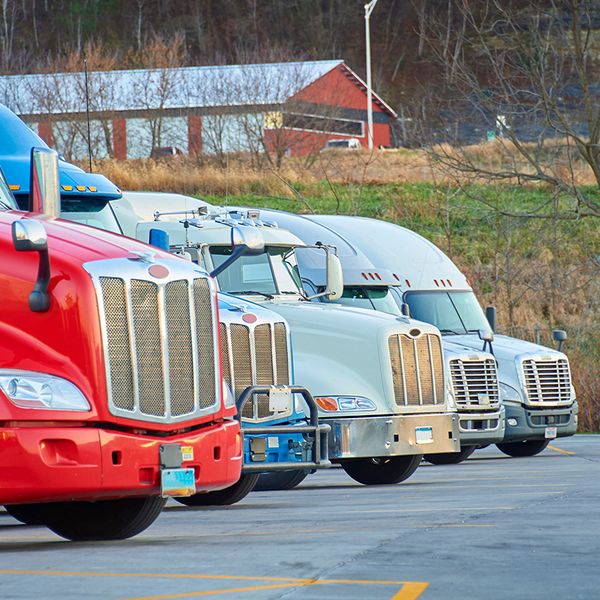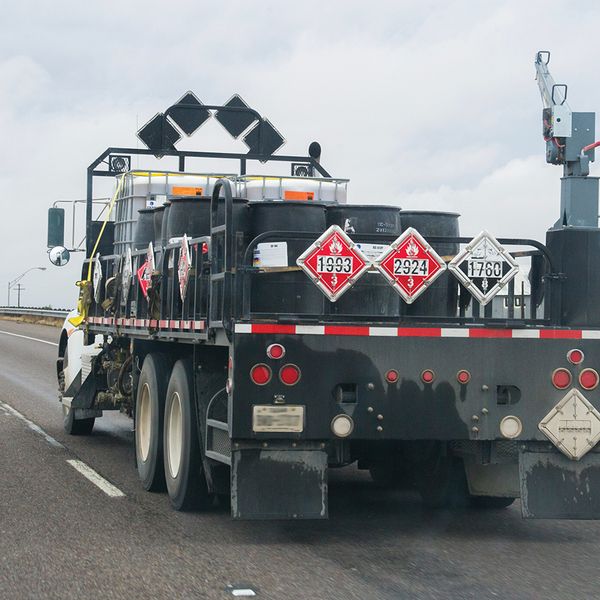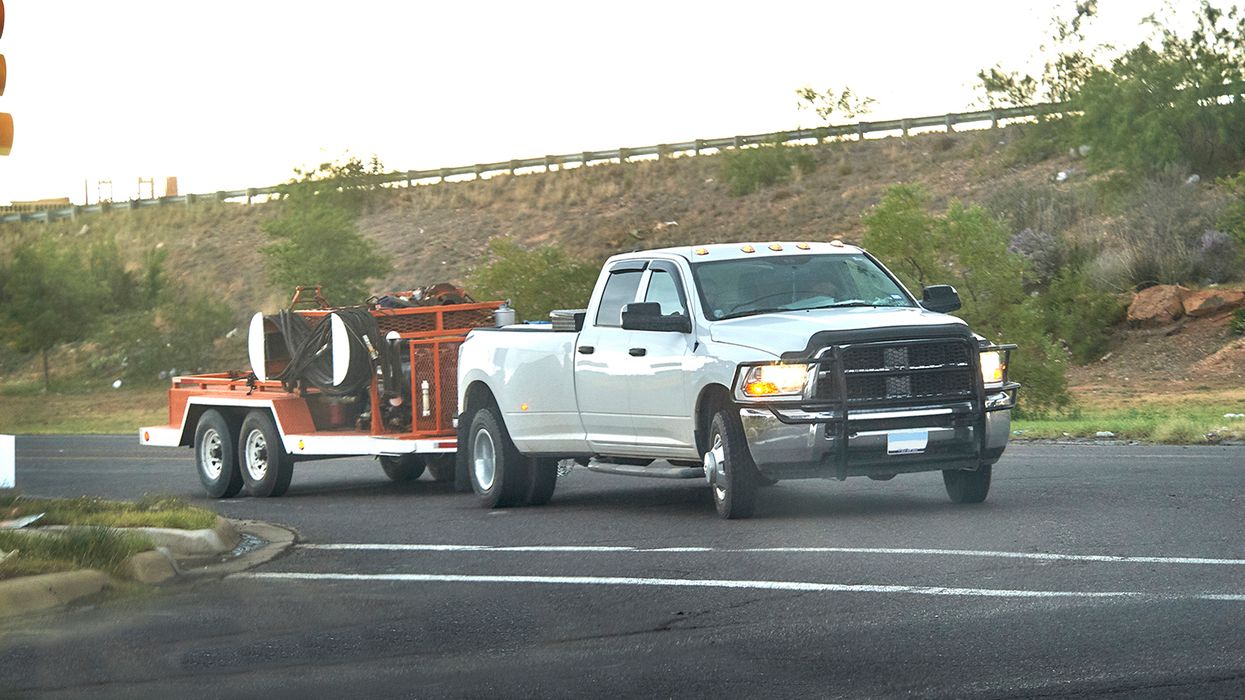Hidden danger: Fatality highlights need for truck CO detectors
In the wake of a tragic fatality, regulators are calling on motor carriers to install carbon monoxide (CO) detectors and prohibit the use of fuel-burning cooking stoves in truck cabs.
According to a new report from Washington State, a 61-year-old truck driver died early last year from CO poisoning after a long rest break in his truck. Investigators with the Department of Labor & Industries concluded that the most likely cause was a single-burner butane cooking stove found in the vehicle.
Such stoves are common, but they present a hidden danger. Carbon monoxide is a colorless, odorless, and tasteless toxic gas that can quickly — and without warning — cause brain and heart damage, unconsciousness, and suffocation.
The chain of events
After sleeping overnight at a company terminal in his truck’s sleeper berth, awaiting dispatch, the driver walked to the terminal building at around 9:30 a.m. Another driver saw him struggling to open the restroom door and offered to help, but noticed that the driver was disoriented and having trouble breathing, walking, and standing.
After first responders were called, the driver made his way to a lounge and complained of a headache and back pain, had very pale skin with flushed cheeks, and was sweating and struggling to breathe.
First responders arrived and took him to the hospital, but he died shortly thereafter. A toxicology report concluded he died from CO poisoning.
No other sources were found
Following the incident, state investigators found the cooking stove in the truck and concluded that it was the most likely source of the poisonous gas.
The sleeper had a bunk heater with a small diesel-powered blower motor, but tests showed that it did not emit a significant amount of CO. In addition, no exhaust leaks were detected in the truck’s engine or undercarriage area.
Recommendations
To avoid similar incidents, state regulators are advising motor carriers to:
- Verify compliance with 49 CFR 392.66, the CO rule. Make sure a vehicle is not used if:
- An occupant has been affected by CO,
- CO has been detected inside the vehicle, or
- There’s a mechanical issue likely to expose vehicle occupants to a CO hazard.
- Install alarms. Put battery-powered CO detectors in each truck cab/sleeper berth. Use only detectors made specifically for vehicles, and always follow the detector manufacturer’s installation, maintenance, and safety instructions.
- Enact policies. Develop and enforce a policy for CO poisoning prevention. The policy should:
- Prohibit the use of butane, propane, and other fuel-burning cooking stoves and space heaters inside cabs, sleepers, and trailers.
- Require drivers whose CO alarm has activated to park and exit their truck immediately, get into fresh air, call 911 if needed, and have a repair shop tow and check the vehicle for CO leaks.
- Instruct drivers to avoid idling or parking near other trucks that are idling or using auxiliary power units producing exhaust fumes. Such fumes can enter a truck even if windows and vents are closed.
- Conduct training. Train and evaluate drivers’ knowledge about CO hazards, exposure sources, prevention methods, detector alarms, poisoning symptoms, and emergency responses.
- Do maintenance checks. Perform regularly scheduled preventive maintenance checks and services on engine and bunk-heater exhaust systems to ensure CO leaks are detected and any problems are repaired before the truck is returned to service.
Key to remember: A trucker’s recent death highlights the need to ensure drivers are not unwittingly exposing themselves to carbon monoxide inside their vehicles, due either to vehicle defects or fuel-burning appliances.

